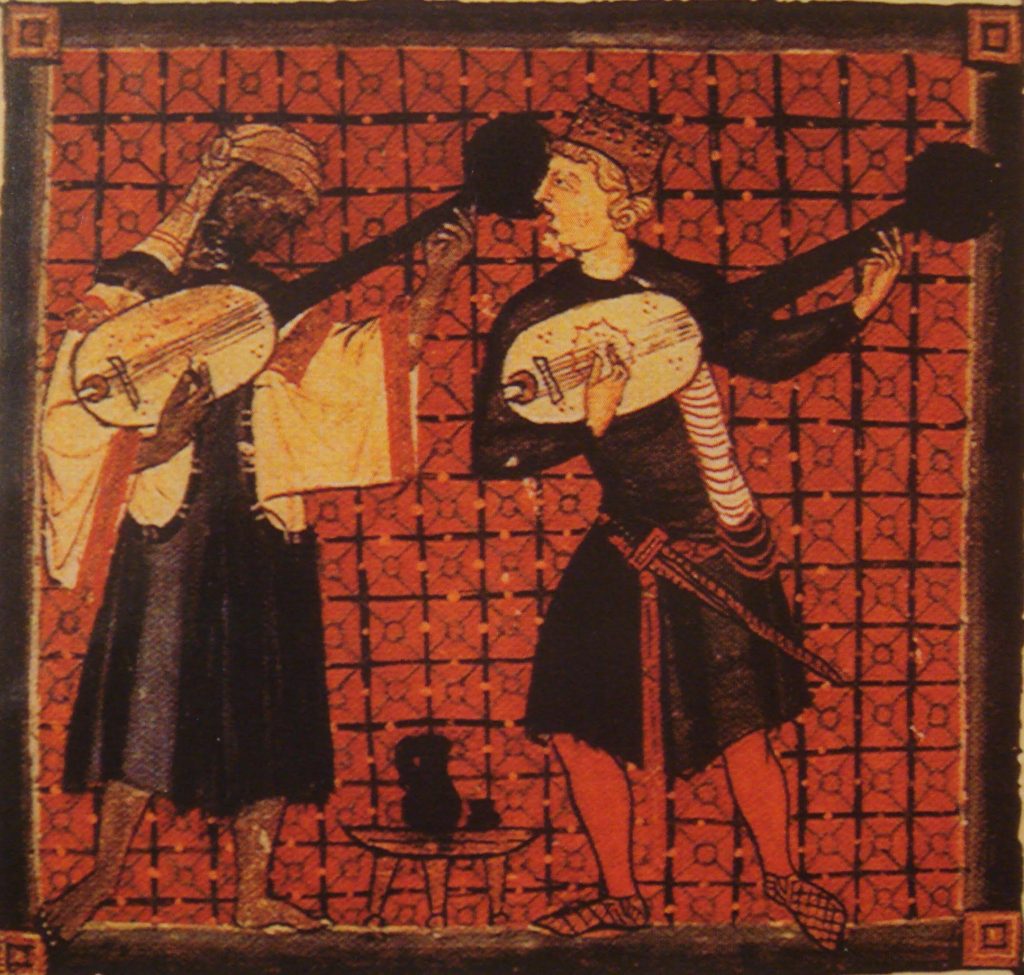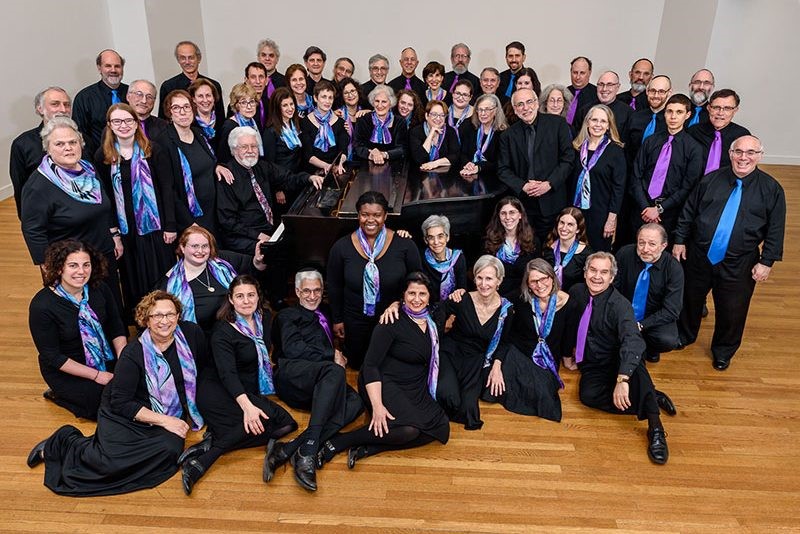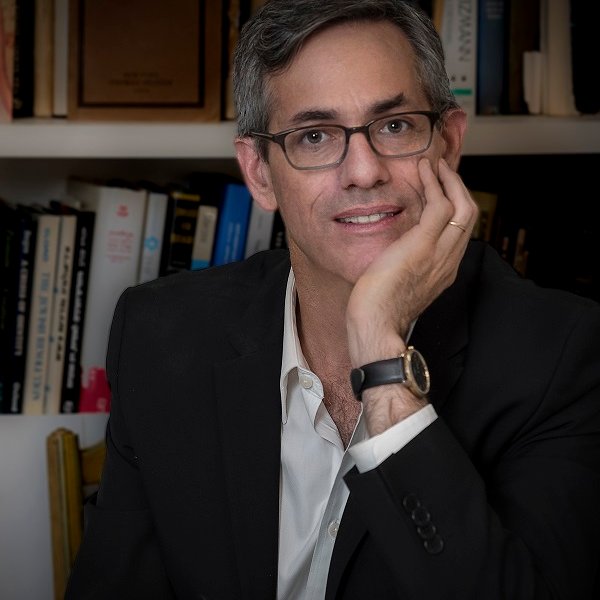 On Thursday, May 2, at 5:00 pm, please join us for the annual Academic Convocation on the Holocaust when UCLA Professor David N. Myers will present "Mass Displacement in the Mid-Twentieth Century: A Comparative Look at Europe and the Middle East." The Convocation will be held in the Doris and Simon Konover Auditorium in the Dodd Research Center on the Storrs campus. It is made possible by the I. Martin and Janet M. Fierberg Fund that supports lectures at the Center for Judaic Studies and Contemporary Jewish Life. Co-sponsors include the American Studies Program, the History Department, the Human Rights Institute, the Humanities Institute, the Department of Literatures, Cultures, and Languages, the Middle East Studies Program, and the Thomas J. Dodd Research Center. Attendance qualifies for honors credit.
On Thursday, May 2, at 5:00 pm, please join us for the annual Academic Convocation on the Holocaust when UCLA Professor David N. Myers will present "Mass Displacement in the Mid-Twentieth Century: A Comparative Look at Europe and the Middle East." The Convocation will be held in the Doris and Simon Konover Auditorium in the Dodd Research Center on the Storrs campus. It is made possible by the I. Martin and Janet M. Fierberg Fund that supports lectures at the Center for Judaic Studies and Contemporary Jewish Life. Co-sponsors include the American Studies Program, the History Department, the Human Rights Institute, the Humanities Institute, the Department of Literatures, Cultures, and Languages, the Middle East Studies Program, and the Thomas J. Dodd Research Center. Attendance qualifies for honors credit.
A reception will immediately follow.
For additional information, or if you require an accommodation to participate, please call 860-486-2271 or email pamela.weathers@uconn.edu.
About the Presentation
The current moment of massive population displacement in the world leads us to seek out historical precedents and explanations. Most immediately, the Second World War and its aftermath come to mind, when millions of people were displaced, rendered homeless or repopulated.
This talk will explore one particular strand in this post-WWII history, inquiring whether there was a causal relationship between an act of displacement in one context and another elsewhere. More particularly, the lecture will focus on the relationship among three significant population displacements in the 1940s stretching from Europe to the Middle East: first, the phenomenon of European Jewish DPs in the wake of the Holocaust; second, the displacement of Palestinians during the 1948 war between Jewish and Arab sides in Palestine and later Israel; and finally, the dispossession of Jews in Arab countries. What is the connection among these three distinct occurrences? And do these events, individually or as a causal chain, shed light on the unprecedented scale of forced displacement today?
About the Speaker
David N. Myers is the Sady and Ludwig Kahn Professor of Jewish History at UCLA, where he also serves as the director of the UCLA Luskin Center for History and Policy. An alumnus of Yale College (1982), Myers undertook graduate studies at Tel-Aviv and Harvard Universities before receiving his Ph.D. with distinction in 1991 in Jewish history from Columbia University. He has written widely in the fields of Jewish intellectual and cultural history. His books include Re-inventing the Jewish Past (Oxford, 1995), Resisting History: The Crisis of Historicism in German-Jewish Thought (Princeton, 2003), Between Jew and Arab: The Lost Voice of Simon Rawidowicz (Brandeis, 2008), Jewish History: A Very Short Introduction (Oxford, 2017), and The Stakes of Jewish History: On the Use and Abuse of Jewish History for Life (Yale, 2018). Myers has also edited or co-edited nine books, including most recently The Eternal Dissident: Rabbi Leonard I. Beerman and the Radical Imperative to Think and Act (California, 2018). At present, he is completing a monograph, with Nomi Stolzenberg, on the Satmar Hasidic community of Kiryas Joel, New York.
Myers is Board President of the New Israel Fund. From 2017 to 2018, he was President/CEO of the Center for Jewish History in New York. For ten years, he served as Director of the UCLA Center for Jewish Studies (1996-2000, 2004-09, 2010-11). Myers has taught at the École des Hautes Études en Sciences Sociales (Paris) and Russian State University for the Humanities (Moscow). He has received fellowships from the Leo Baeck Institute, Fulbright Foundation, Lady David Trust, and the Memorial Foundation for Jewish Culture. He has been a fellow at the Katz Center for Advanced Judaic Studies at the University of Pennsylvania on three occasions (1995, 2009-10, 2016) and has visited at the Institute for Advanced Studies in Jerusalem in 1997. Myers has been a member of the board of the Association for Jewish Studies and a teacher for the Wexner Heritage Foundation. Since 2002, Myers has served as co-editor of the Jewish Quarterly Review. He is an elected Fellow of the American Academy for Jewish Research and a Fellow of the Los Angeles Institute for the Humanities.
Parking:
Parking is available in the North and South garages on campus. Garage rates are $1/hr after 5pm and $2/hr before 5pm.
Getting Here:
View an interactive map of the Storrs campus and even download the app version to your phone: http://maps.uconn.edu/map/
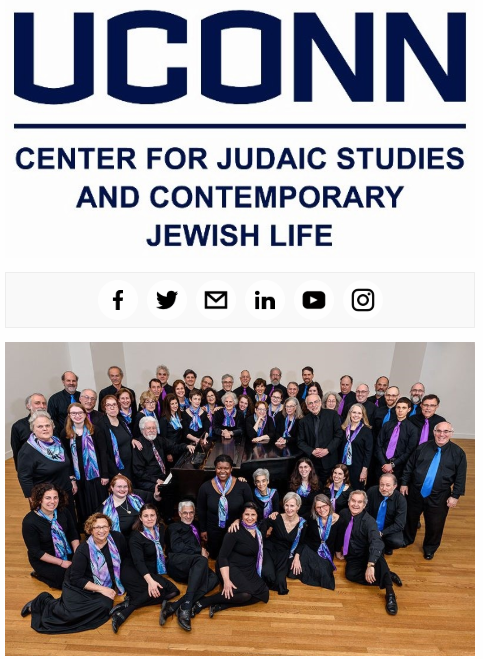
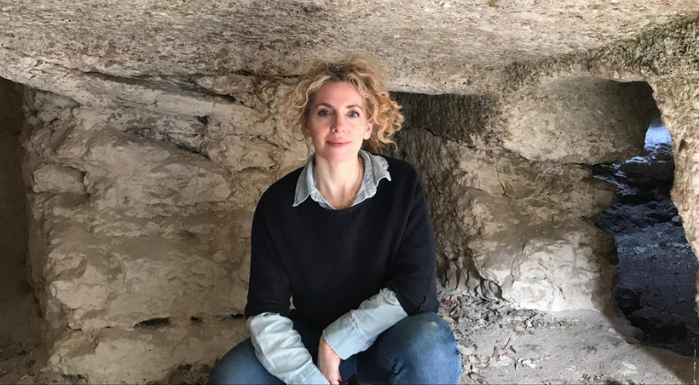
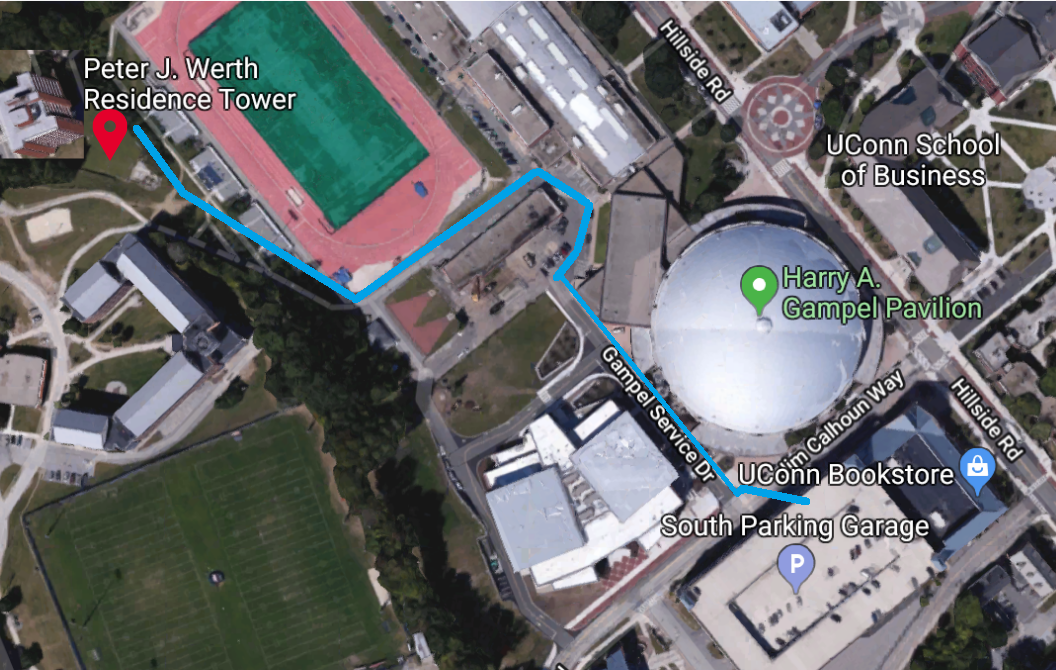 Werth Tower is a short walk from South Parking Garage (2366 Jim Calhoun Way)*
Werth Tower is a short walk from South Parking Garage (2366 Jim Calhoun Way)*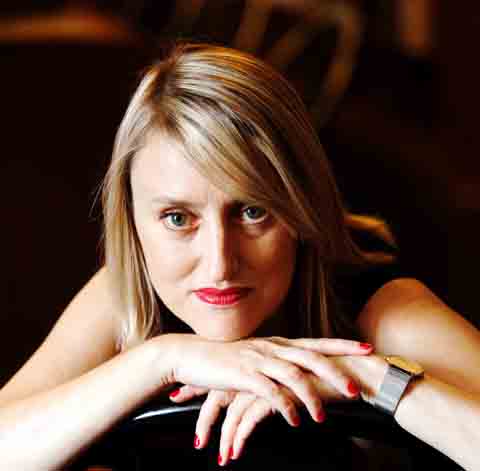 Professor Gershenson specializes in Jewish and Israel Cultural Studies. She is the author of Gesher: Russian Theater in Israel (2005); Ladies and Gents: Public Toilets and Gender (2009); and The Phantom Holocaust: Soviet Cinema and Jewish Catastrophe (2013).
Professor Gershenson specializes in Jewish and Israel Cultural Studies. She is the author of Gesher: Russian Theater in Israel (2005); Ladies and Gents: Public Toilets and Gender (2009); and The Phantom Holocaust: Soviet Cinema and Jewish Catastrophe (2013).  Elad Nehorai
Elad Nehorai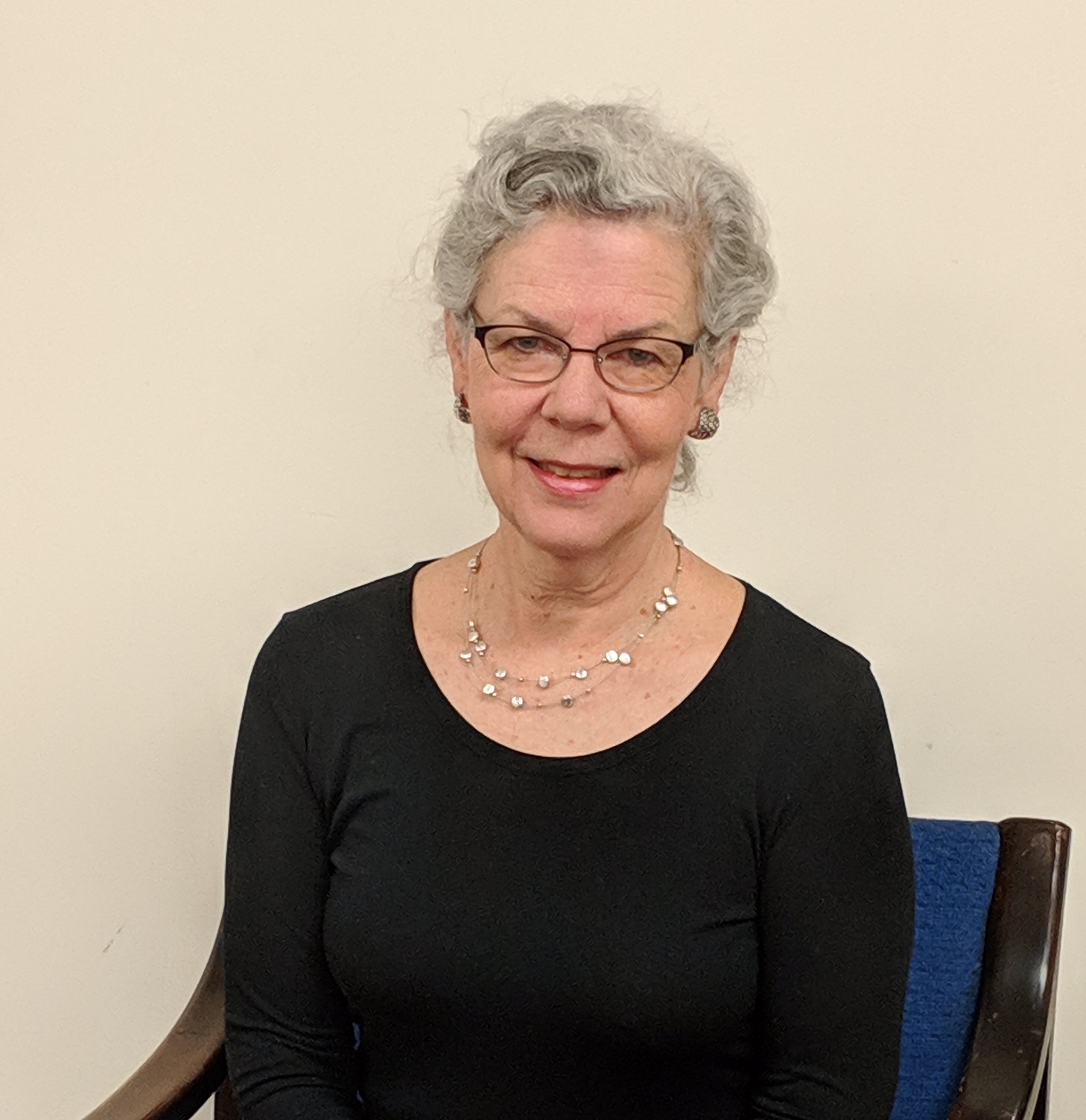 Debbie Pauls, LCSW
Debbie Pauls, LCSW 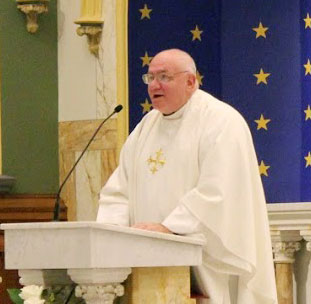 Rev. Raymond P. Roden, PsyD
Rev. Raymond P. Roden, PsyD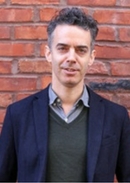 Congratulations to affiliated faculty member Daniel Hershenzon who has received a Princeton Institute for Advanced Studies Fellowship for next academic year (2019-2020) for his research project entitled "Captive Objects: Religious Artifacts and Piracy in the Early Modern Mediterranean."
Congratulations to affiliated faculty member Daniel Hershenzon who has received a Princeton Institute for Advanced Studies Fellowship for next academic year (2019-2020) for his research project entitled "Captive Objects: Religious Artifacts and Piracy in the Early Modern Mediterranean."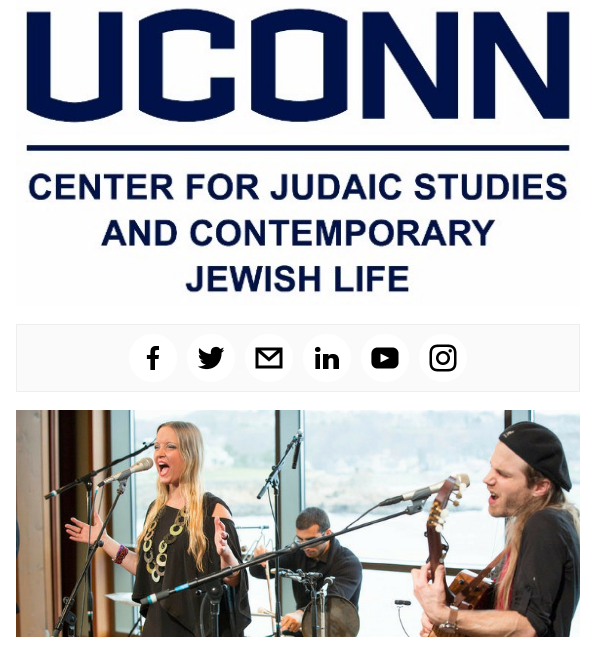
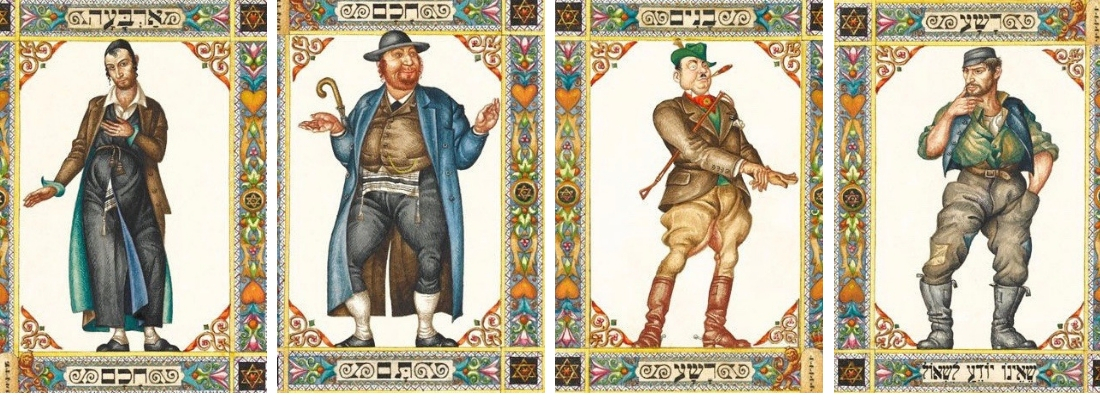 On Monday, April 22, Warren Klein, curator of the Herbert and Eileen Bernard Museum of Judaica, will present "Why is this Book Different than all Other Books? A Glimpse into the Changing Imagery of the Illustrated Haggadah." The talk will be held at the UConn Stamford campus in
On Monday, April 22, Warren Klein, curator of the Herbert and Eileen Bernard Museum of Judaica, will present "Why is this Book Different than all Other Books? A Glimpse into the Changing Imagery of the Illustrated Haggadah." The talk will be held at the UConn Stamford campus in 